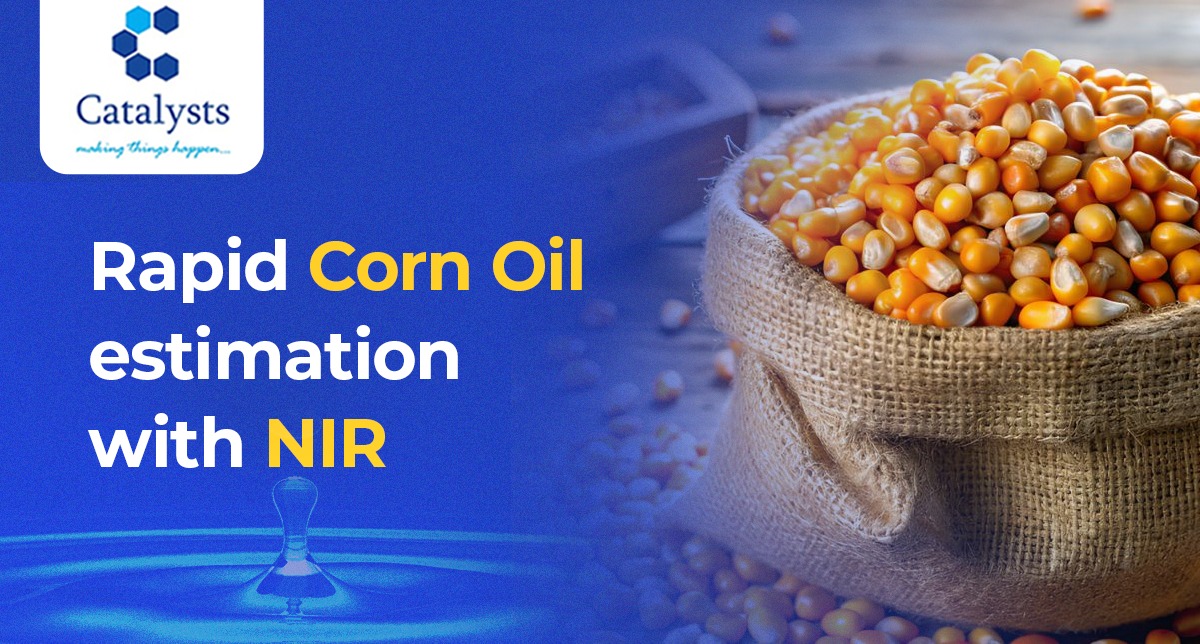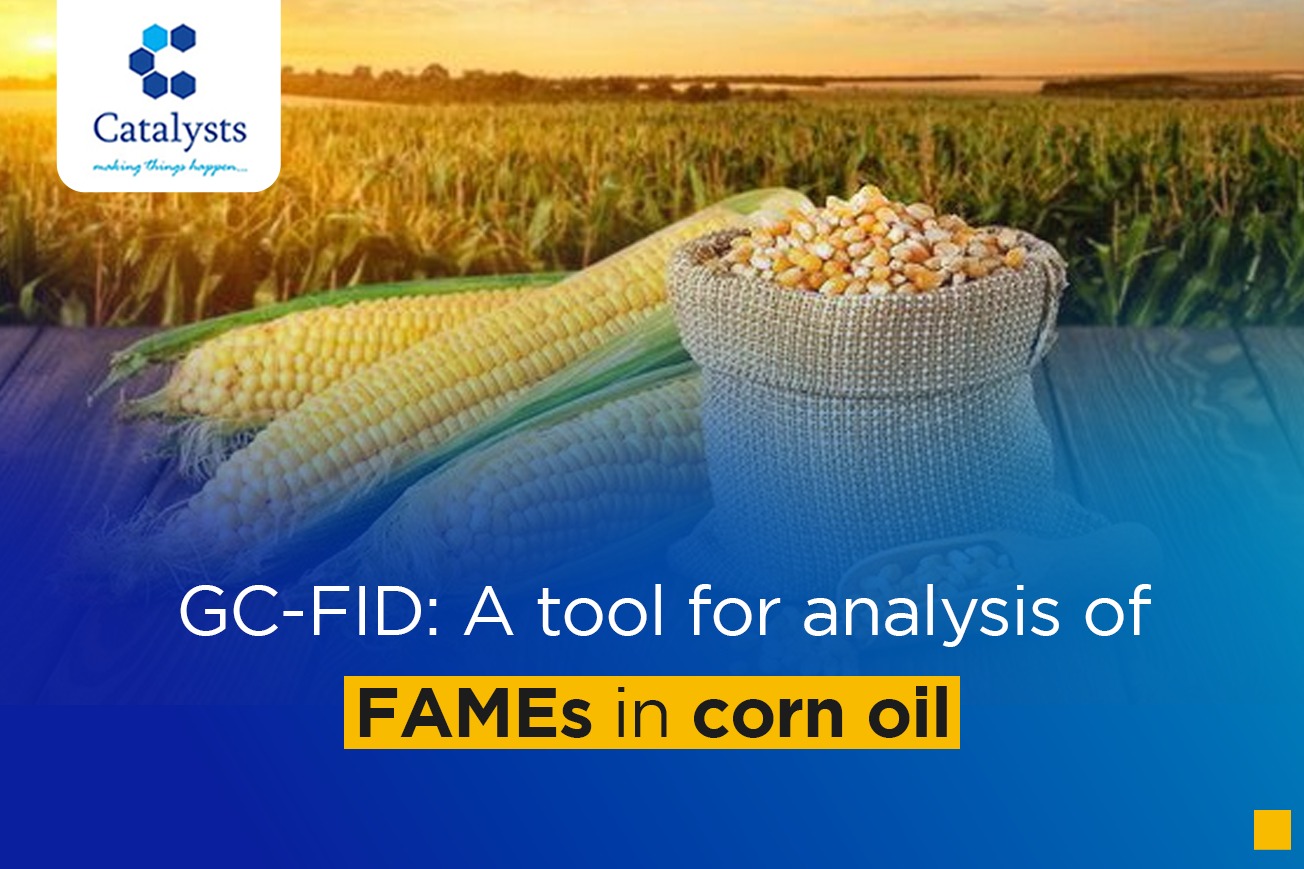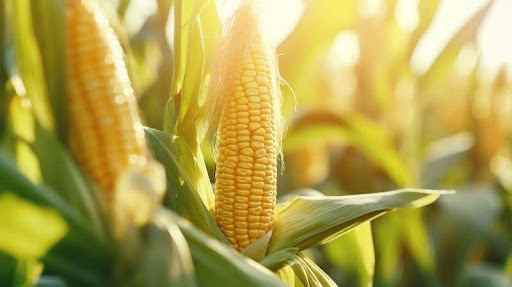
Overview of Ethanol Production:
Due to its favorable effects on the environment, ethanol is among the most interesting biofuels. Currently, it is primarily made from raw materials that contain sugar and starch. A feedstock for ethanol can be almost any plant-based substance. All plants contain sugars, which can be fermented to produce ethanol through a process termed ‘biochemical conversion’. Thermochemical conversion is a technique that uses heat and chemicals to turn plant material into ethanol.
However, many kinds of lignocellulosic biomass, including leftovers from agriculture and forestry, as well as herbaceous energy crops, could potentially be used as feedstocks for ethanol production.
The choice of a feedstock depends on a variety of elements, including the ease or difficulty of growing a particular crop for ethanol and the geographical regions where crops can be grown. The usage of the crops for additional purposes, such as animal feed or human nutrition, is also taken into account. Wood wastes and crop residues are both acceptable feedstocks.
Alternative Feedstock Used for Ethanol Production
Crop residues, wood residues, special energy crops, industrial waste, and other wastes are examples of non-food cellulosic feedstocks. These raw materials are made of lignin, hemicellulose, and cellulose. In place of starch- and sugar-based feedstocks, cellulosic feedstocks have a number of advantages, which is why they are employed as alternative feedstocks. The following list includes a few of the alternative feedstocks that can be utilized to produce ethanol.
Sweet Sorghum:
One of the crops that is most suited for the manufacturing of ethanol is sweet sorghum. Sweet sorghum has been identified as an alternative feedstock for ethanol production in India by the National Policy of Biofuels, Government of India. The best possibility for lowering greenhouse gas emissions is offered by this variety of sorghum. Sweet sorghum has historically been grown to generate a sweet syrup similar to molasses. It shares many similarities with the sugar beet and sugarcane crops that currently feed the ethanol markets.
Recent Posts

Rapid Corn Oil Estimation with Near-Infrared Spectroscopy: An Effective Analytical Technique with Ne
Explore the effectiveness of near-infrared spectroscopy in rapidly estimating corn oil, providing new perspectives and enhancing analytical techniques in agriculture.

GC-FID: A tool for analysis of FAMEs in corn oil
Explore GC-FID, the essential tool for accurate FAME analysis in corn oil. Unlock detailed insights and improve your research outcomes today.

The Role of Enzymes in Maize-to-Ethanol Fermentation
With the rising demand for renewable energy sources and sustainable fuel alternatives, ethanol production has gained significant momentum worldwide. Ethanol, also known as bioethanol, is a biofuel commonly used as a renewable alternative to fossil fuels. One of the most popular feedstocks for ethanol production is maize (corn), primarily due to its high starch content, wide availability, and suitability for large-scale production.
Catalysts Connect
Keep up to date with our latest news and analysis by subscribing to our regular magazine and newsletter

Post a comment
Your email address will not be published.